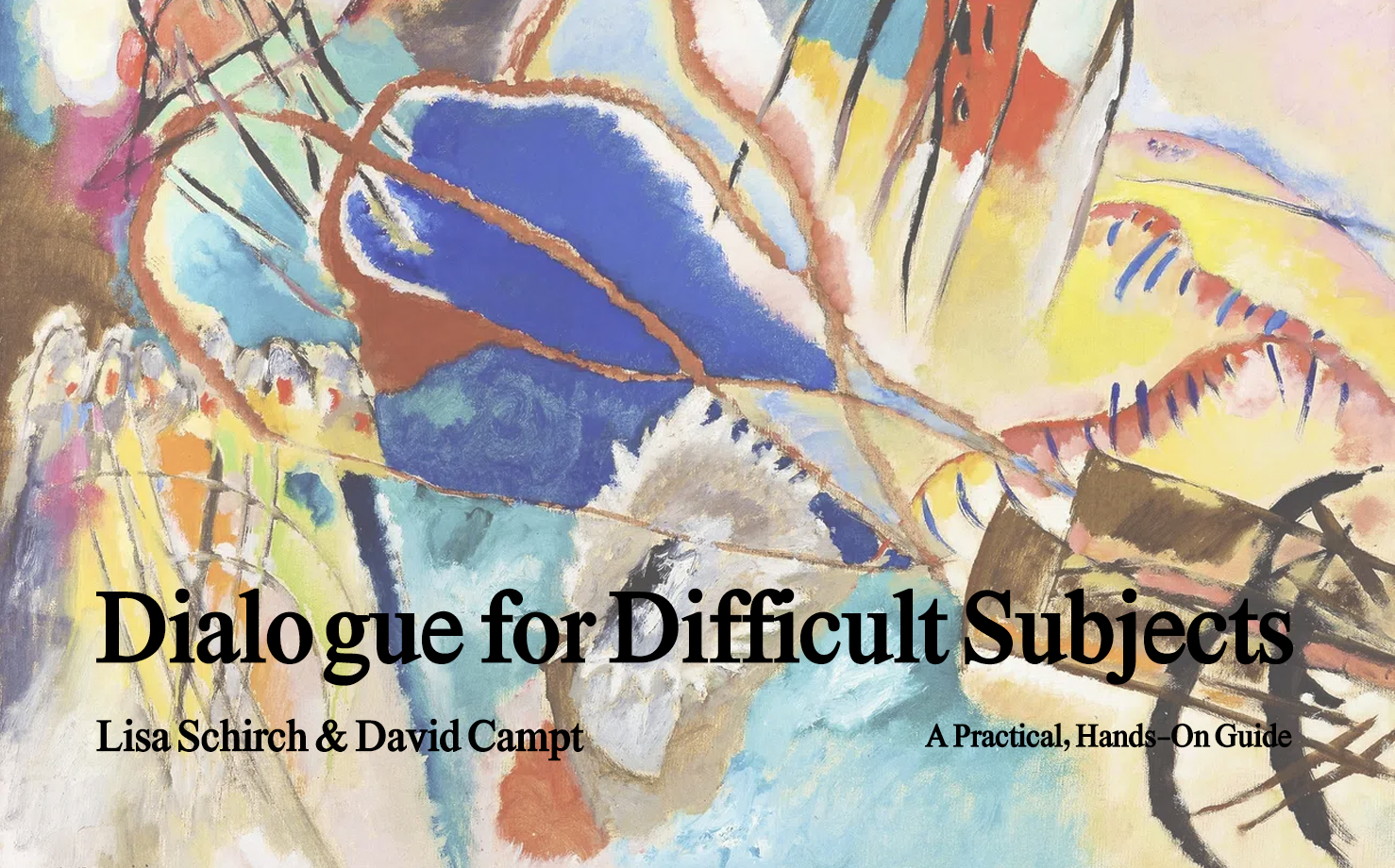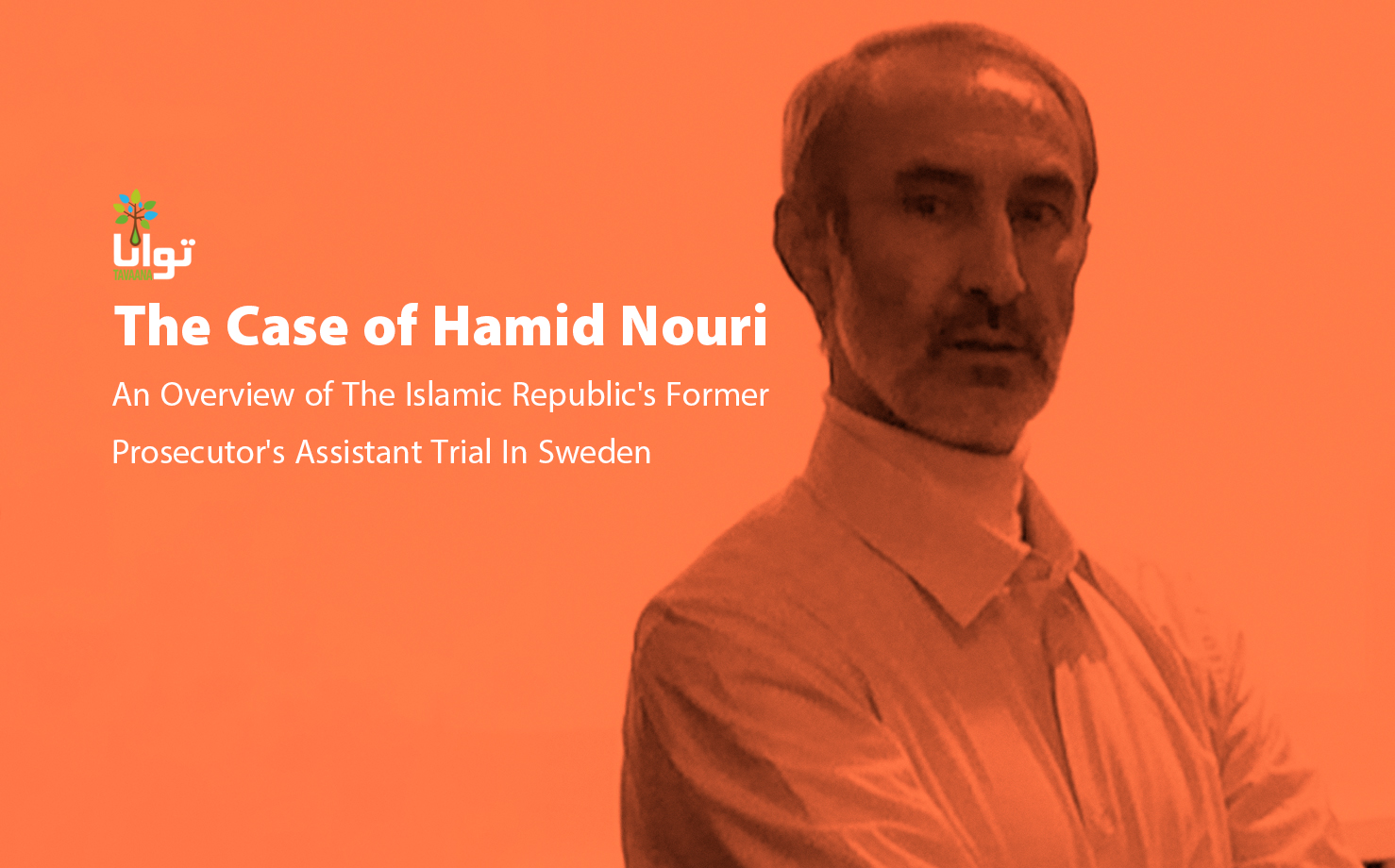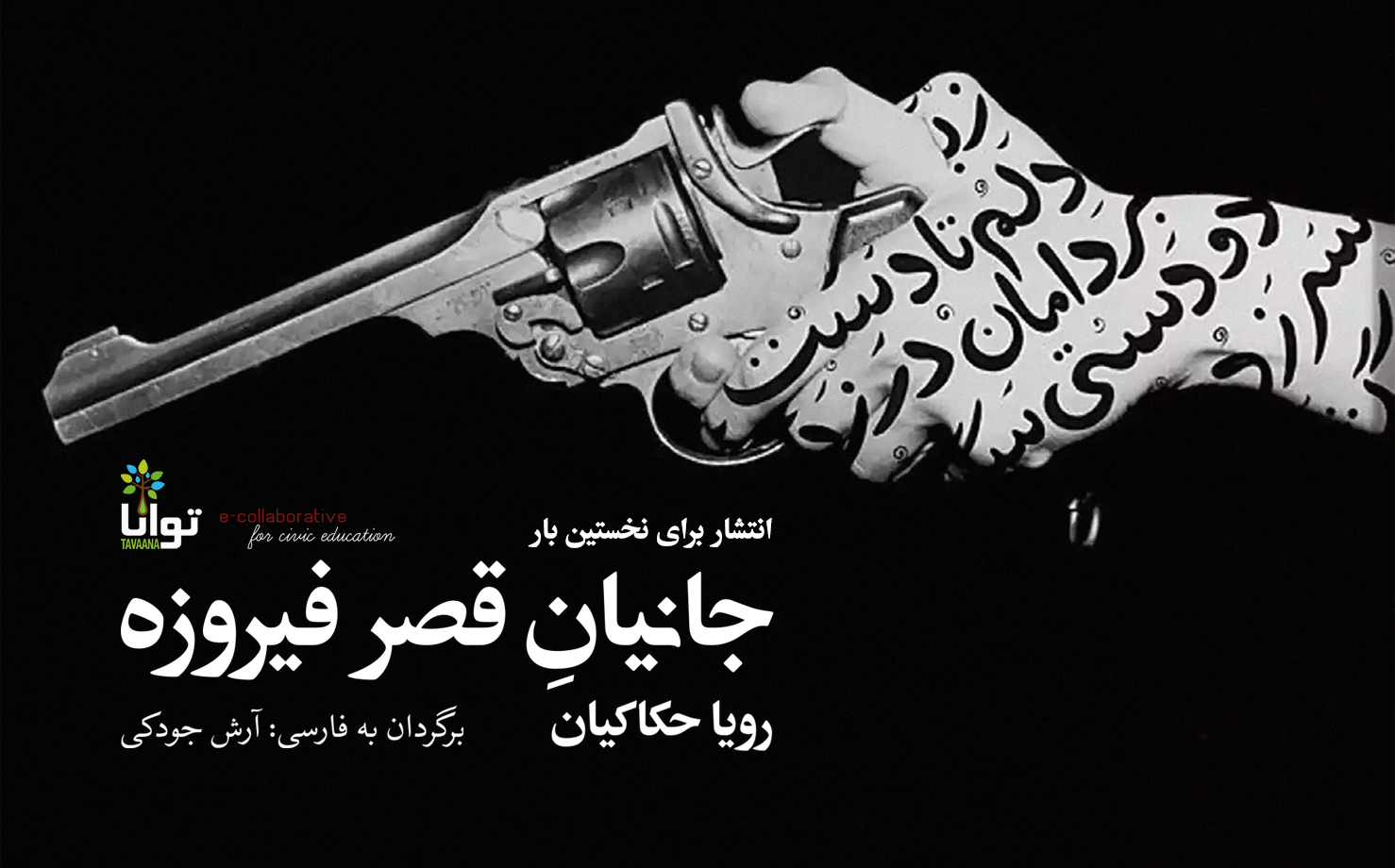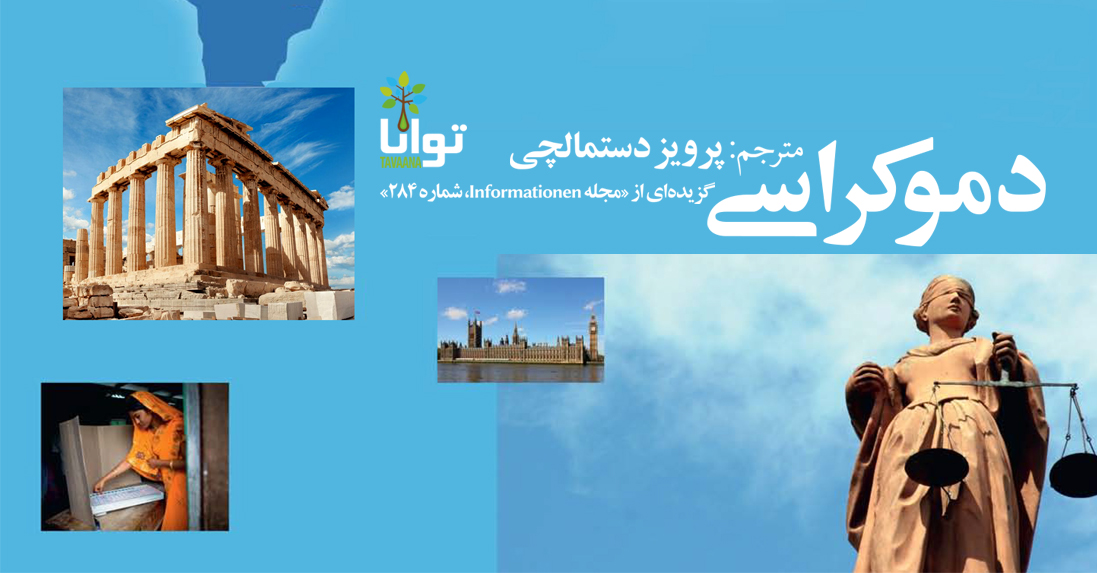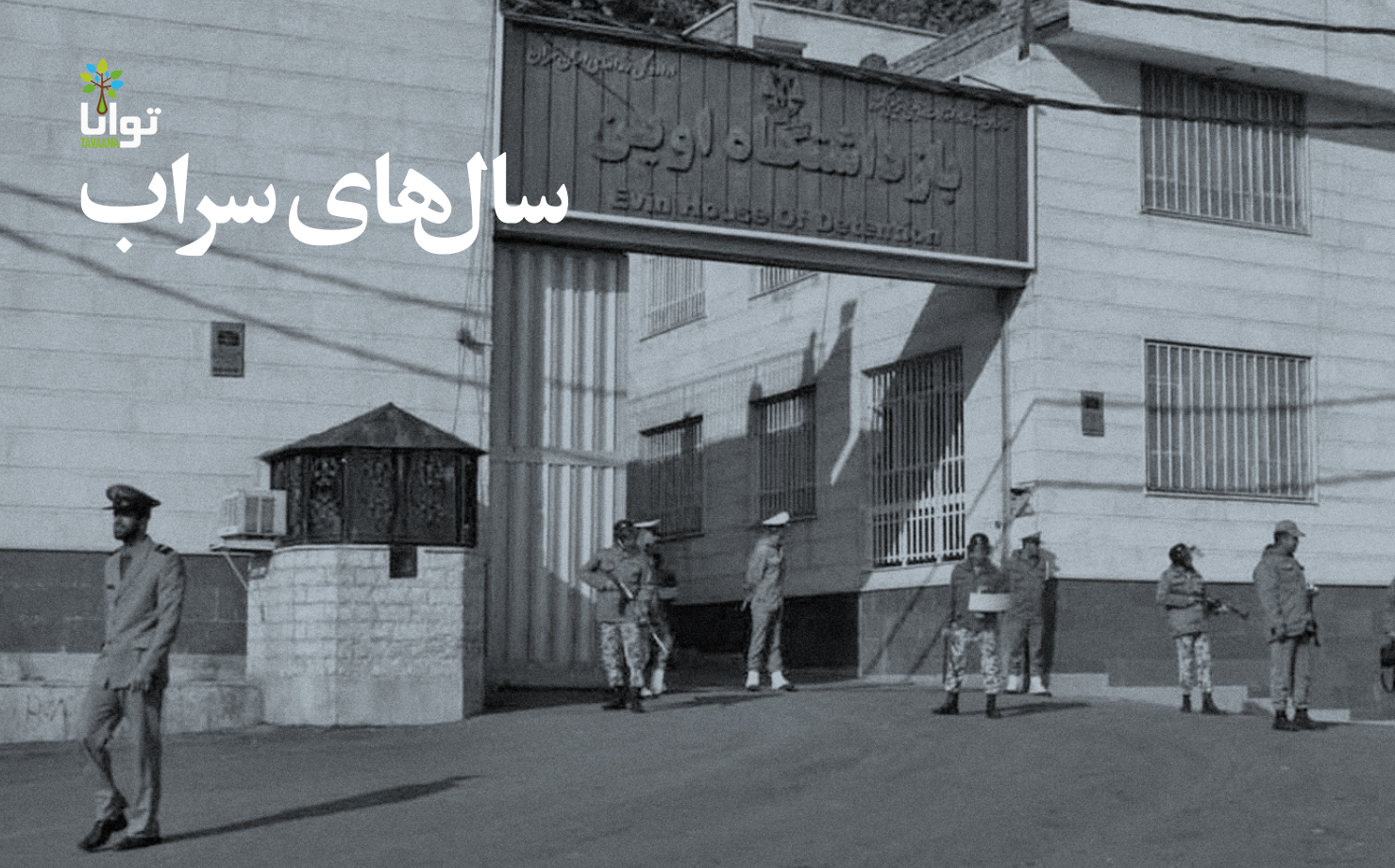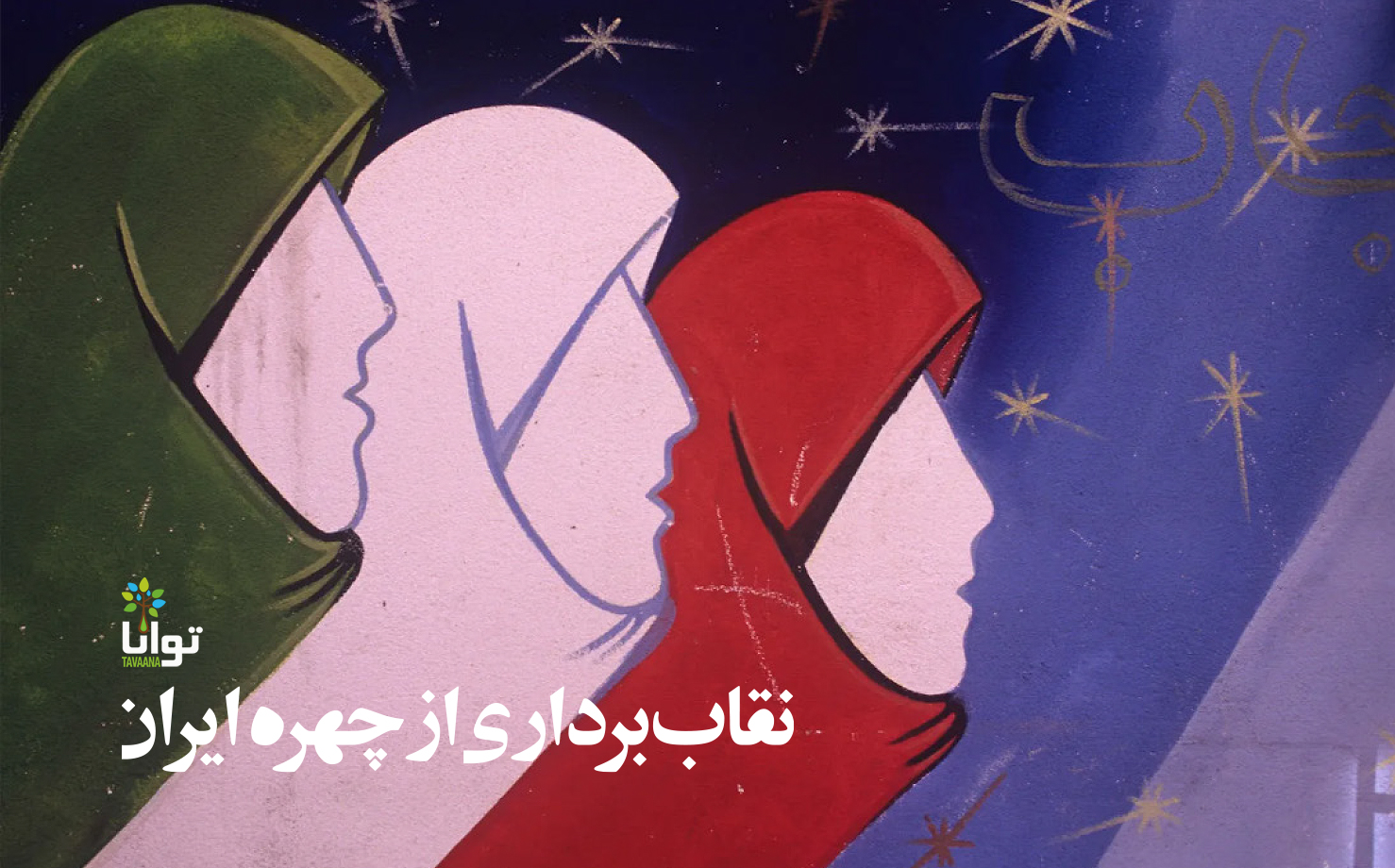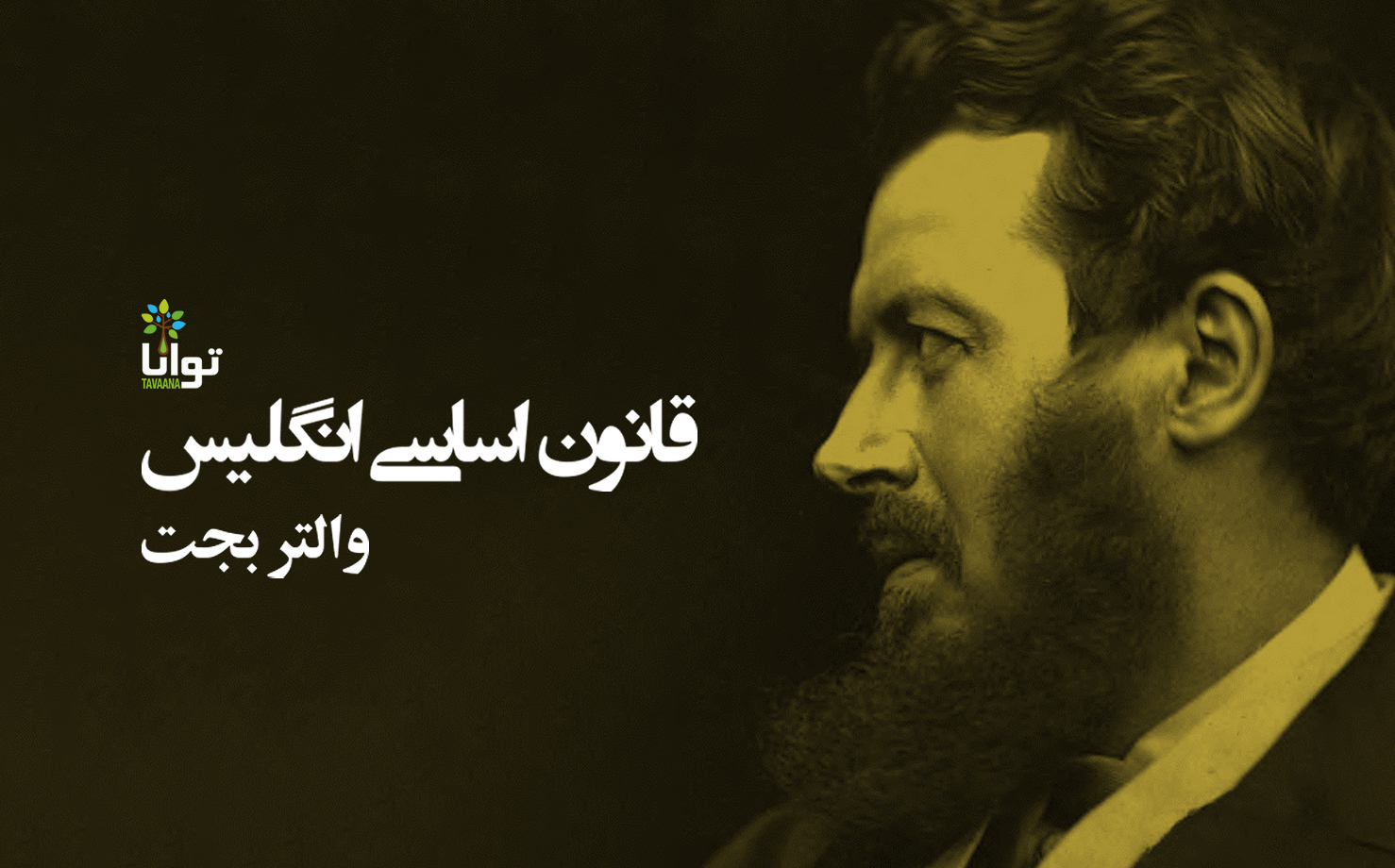Although by the time of the Revolution there was a wider degree of toleration for dissenting religious sects in the American colonies than anywhere else in the world, that toleration had developed not so much out of popular support for the principle of religious freedom as out of practical necessity. Immigrants from many different religious backgrounds came to British North America, and colonial governments were generally too weak to force them to adhere to the tenets of the majority religion (although the Puritan colonies of New England did so with some success for most of the seventeenth century). Enforcing a particular religious orthodoxy might repel settlers who would contribute to the growth and prosperity of a settlement. The directors of the Dutch West India Company, who ruled New Netherlands (later known as New York), confronted the issue in 1663 when they ordered that Jews and Quakers be admitted to the colony. “Although we heartily desire that these and other sectarians remained away from there,” they said grudgingly, “we very much doubt whether we can proceed rigorously against them without diminishing the population and stopping immigration.”
For Thomas Jefferson, a child of the Enlightenment, freedom of religion and of inquiry of all kinds was a positive good, not an unwelcome necessity. Note, though, that he appears to be willing to have the testimony of his neighbor who believes in “twenty gods, or no God” disallowed in Court. The practice of barring testimony from witnesses whose oath on the Bible to tell the truth was suspect on religious grounds continued long after in some states.
Source: The Democracy Reader
Tavaana Publications Click here to read Tavaana’s exclusive translation of “Notes on the State of Virginia – Religion,” by Thomas Jefferson.

